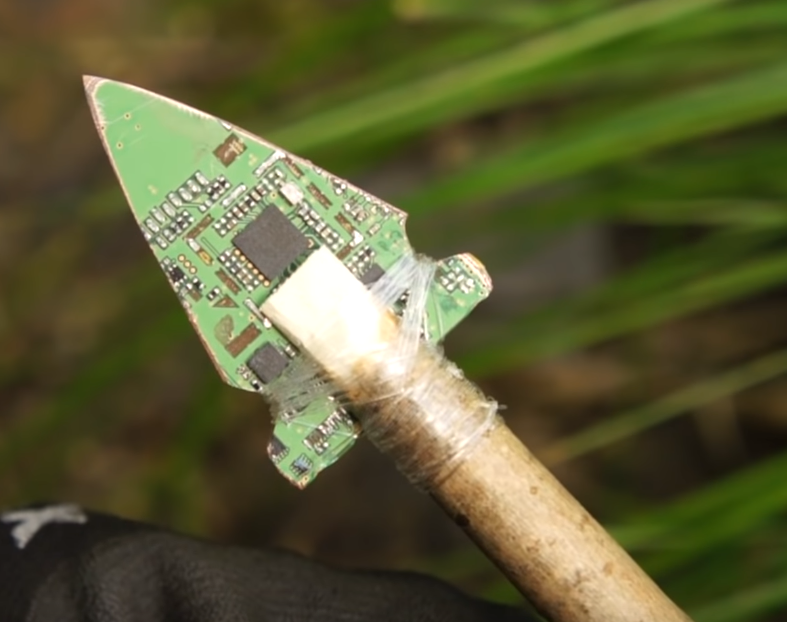Any explanation of Why to not store passwords in plaintext and encrypt folder in zip archive (I guess U cant break pass?) Pls don’t be agressive!!

Very bad, because the usability of such a scheme would be a nightmare. If you have to unzip the files every time you need a password, that’d be a huge burden. Not to mention that unzipping it all would leave the files there, unprotected, until you delete them again (if you remember deleting them in the first place). If you do leave the plaintext files around, and only encrypt & zip for backing up, that’s worse than just using the plaintext files in the backup too, because it gives you a false sense of security. You want to minimize the amount of time passwords are in the clear.
Just use a password manager like Bitwarden. Simpler, more practical, more secure.

If your goal is to “self-host” a password manager, you might as well use Keepass + SyncThing.
- free software
- master password protected
- has organization and auto-fill features
- can sync across multiple devices
Usually the downfall of rolling your own password manager is it’s easier to make mistakes and accidentally lock yourself out. Or if you don’t keep backups/replicas then you could easily lose your passwords.

Or self host Bitwarden and you don’t have to bother with syncing the file around.

Zip uses very bad encryption that is vulnerable to a known plaintext attack. Do not ever use PKZIP encryption for any purpose https://github.com/kimci86/bkcrack

Yeah zips have no mechanism to prevent brute forcing as far as I’m aware. You can attempt as many passwords as you want as frequently as you want without any sort of rate limit.

That’s not the issue. You can attempt as many passwords as you want in actually secure password managers as well. KeepassXC for instance IS secure, you can still brute force the password, but because of the hashing algorithm they use it’s extremely hard. With PKZIP if you know some of the words in the file, you can easily guess the password in just a few hours because the encryption algorithm it uses isn’t secure

Oh interesting, thanks for the clarification

Both are true. Brute forcing zips is also faster than brute forcing almost anything else. Other formats use key derivation functions like PBKDF2-SHA1 (hundreds of thousands of iterations of sha1) to slow down the calculation of the key from the password, but PKZIP does not do this. Brute forcing zips can be done at 10 billion passwords per second on a typical GPU, whereas rar/7z/keepass are only a few thousand per second.
Here’s an interesting research paper describing both the known plaintext attack and the standard brute force attack https://www.scitepress.org/Papers/2019/73605/73605.pdf

I dont see the “manager” part in your zip archive…
More like a bunch of text files… and you are doing the job of the manager
pass has a similar spirit, where passwords are just GPG encrypted files with some CLI glue on top.
You could achieve the same with an encrypted .zip file and a bit of bash, even if it would probably be less ergonomic.

If you do this, you’ll start writing small scripts to help you with repeating tasks, to simplify somethings, then you’ll start looking for help trying to improve those scripts, then you’ll find better written and tested ones and start replacing yours with those, one by one. Then you’ll probably find pass or other terminal password manager. It can be a fun learning experience but sooner or later you’ll end up using a password manager.

Because it’s bad, prone to errors, user interface is poor and relies on you following your process perfectly every time.
Bitwarden.
Or KeePass.

KeepassXC if you’re on Linux and KeepassDX on android, preferably on Fdroid.

To add to the rest: A manager also stores the history. And it has a pass generator. And lots of quality of life things.

You can. You can also light your house with just candles. Its just not a very efficient or effective way of doing it and you lose out on modern features.

I’m curious: what modern features are you looking for when setting your house on fire?

Depends against whom you are protecting yourself. If it’s against
- your younger sibling then it’s probably sufficient
- some script kiddie or scammer running scripts against the most typical setups, might be just obscure enough
- a proper targeted attack, then it will depend on which zip software you are using. Most likely the stock one that might (I didn’t bother checking) relying on something that is far from the state of the art in terms of encryption. In that case it will most likely not be secure.
- a proper attack but you use something like 7z with encryption that is relatively resilient, then most like if you are not facing state actors with huge amount of resources to try to crack it, most likely secure
Note I’m NOT a security expert so… don’t believe me.

Bad UX and lack of any integration like autofill or autotype, thats it.

There’s two avenues for opening an encrypted file, attacking the password/access method or attacking the encryption itself.
Generally using a basic zip-lock is not going to have a second factor, a rate limiting mechanism, anything really other than the password to stop a random brute force effort if they got a hold of the file for local processing.
Using something with some front end protection like bit warden with 2FA or keepass with the key file option added in makes it more a task of going after the crypto itself which is a much much harder approach.

